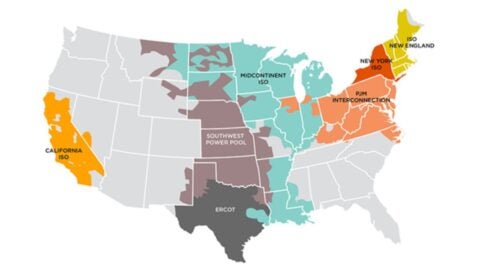IPCC's Final Words: Reduce Emissions
This post is by Lisa Moore, Ph.D., a scientist in the Climate and Air program at Environmental Defense.
This past week, IPCC’s Nobel Prize-winning scientists met in Valencia, Spain to write a synthesis of their three-volume report. The Summary for Policymakers of the Synthesis Report [PDF] makes it very clear that we need to act immediately to avoid the worst effects of global warming.
IPCC Chairman Dr. Rajendra Pachauri summarized the main message as follows: “Climate change is a serious threat to development everywhere. Today, the time for doubt has passed. The IPCC has unequivocally affirmed the warming of our climate system, and linked it directly to human activity. Slowing or even reversing the existing trends of global warming is the defining challenge of our age.”
The report warns that if greenhouse gas concentrations continue to increase, temperatures will continue to rise and cause even larger changes in the climate system. Some of these changes could be “abrupt or irreversible”. However, there is hope amid the urgency. According to the summary:
- “Many impacts can be reduced, delayed or avoided” by reducing greenhouse gas emissions. We need to act now because the decisions and investments we make in the next 20 to 30 years will have a large influence on the long-term outcome.
- Fortunately, we can reduce greenhouse gas emissions using “technologies that are either currently available or expected to be commercialised in coming decades, assuming appropriate and effective incentives are in place”.
- One of the key incentives for change will be an “effective carbon-price signal”.
The call for action couldn’t be any clearer. The IPCC has done its job, and done it well. Now it’s time for Congress to do the same!












